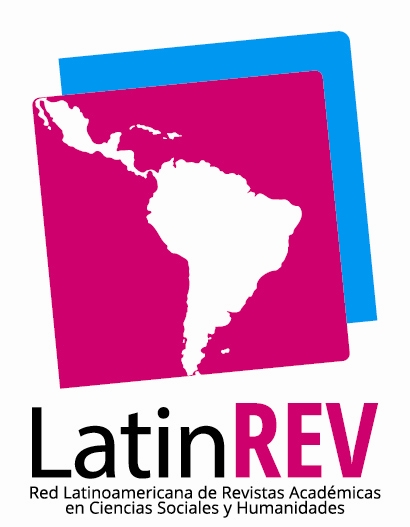Effects in education of pathologizing look
Keywords:
pathologizing childhood, biopolitics, symptom, disorder, educational linkAbstract
The purpose of this study is to investigate about the phenomenon of childhood pathologization and its effects on its educational sphere. For this reason, a haul was made over sociocultural determinants which impact schools today, approaching a characterization of those discursive productions involved in changes undergone by educational institutions and their members.The problem is approached from logic of biopolitics raised by Foucault to analyze the way in which the society controls over individuals and populations, with the intent of getting a universal social regulation, producing significant segregative effects for the singularity subject. It is referred to the positioning of specific professional practices that are located as carriers of an over technical knowledge, under-believing of being enable homeostatic regulation of cultural discomfort developments.From a psychoanalytic point of view are featured those events that led to the tendency to pathologizechildren difficulties to settle down in an educational sphere. The notion of disorder and symptom are distinguished and attempts to analyze which have been the consequences of different treatments before school discomfort, facing difficulties to sustain the educational link at schools.
Downloads
References
Barone y Raquel Martínez-Gómez (2001). Globalización y posmodernidad: Encrucijada para las Políticas Sociales del nuevo milenio. Recuperado de: www.ubloblo.cl/cps/ponencia/doc/p12.1.htm
Dominici, F. (2009). “Sujeto, subjetividad y psicoanálisis en la cultura actual”. En: Jornadas (2009) “Malestar en la cultura hoy” (pp. 1-7). Cipolleti, Río Negro: Facultad de Ciencias de la Educación y Psicología de la Universidad de Comahue.
Freud, S. (1923 [1922]). “Dos artículos de enciclopedia: Psicoanálisis y Teoría de la libido”, en Obras Completas, Tomo XVIII, Amorrortu editores, Argentina.
Freud, S. (1913). "Múltiple interés del psicoanálisis". O. C. Tomo XII. Amorrortu editores, Argentina.
Freud, S. (1913). "Prefacio para un libro de Oskar Pfister". O. C. Tomo XII. Amorrortu editores, Argentina.
Foucault, M. (1996). En: Observatorio Argentino de Drogas, SEDRONAR. (2008) En conjunto con el Instituto de Investigaciones Gino Germani de la Facultad de Ciencias Sociales, Universidad de Buenos Aires.
Kiel, L (2005). De sin límites a limitados. Escuela de capacitación CePA. Centro de pedagogías de anticipación. Secretaría de educación, Gobierno de la ciudad de Buenos Aires.
Kiel, L (2010, abril 15). “La seño me deja”. Página 12. Recuperado de: www.pagina12.com.ar/diario/.../9-143887-2010-04-15.html
Indart, J. (2000). “La cuestión de la decadencia de la función paterna”. San Luis: Biblioteca de psicoanálisis Eugenia Sokolnicka.
Lipovetsky, G (2006). “Los tiempos hipermodernos”. Barcelona: Anagrama.
Mandil, R. (2006). “Biopolítica del Déficit de Atención”. En: DDA, ADD, ADHD, como ustedes quieran: el mal real y la construcción social. Ediciones Grama, Buenos Aires.
Núñez, V. (2005). “¿Qué se quiere decir con evaluar?” En: Reinventar el vínculo educativo: aportaciones de la Pedagogía Social y del Psicoanálisis. 2. Editorial Gedisa, S.A., Barcelona, España. (pp.85-102).
Tizio, H (2003). “El dilema de las instituciones: segregación o invención”. En NODVS VIII. Recuperado en: http://www.scb-icf.net/nodus/contingut/article.php?art=130&rev=22&pub=1
Tizio, H. (2005). “El vínculo educativo”. En: Reinventar el vínculo educativo: aportaciones de la Pedagogía Social y del Psicoanálisis. Editorial Gedisa, S.A.: Barcelona, España. (pp.165-183).
Tizio, H. (2008). “Las enfermedades mentales, hoy. Algunos puntos para el debate”. En: L`INTERROGANT, fundació Nou Barris per a la Salut Mental, N.8, 5-10.
Downloads
Published
Issue
Section
ARK
License
Copyright (c) 2015 Maringeles Fanny Pizarro , Norma Alicia Sierra

This work is licensed under a Creative Commons Attribution 4.0 International License.






